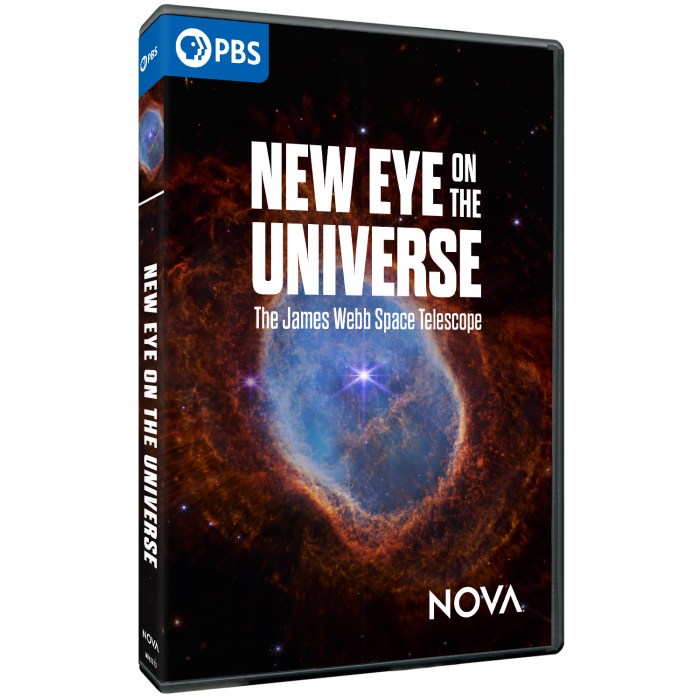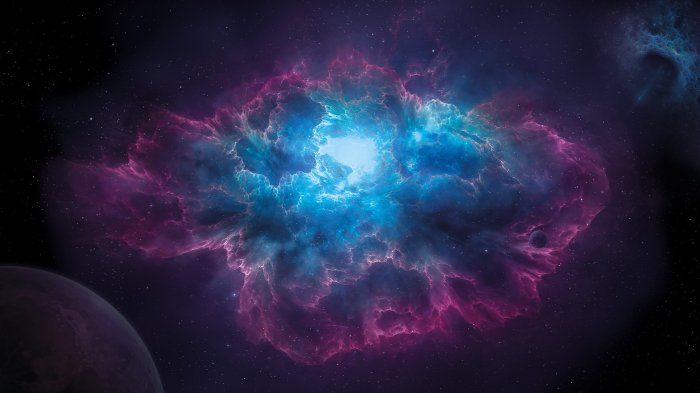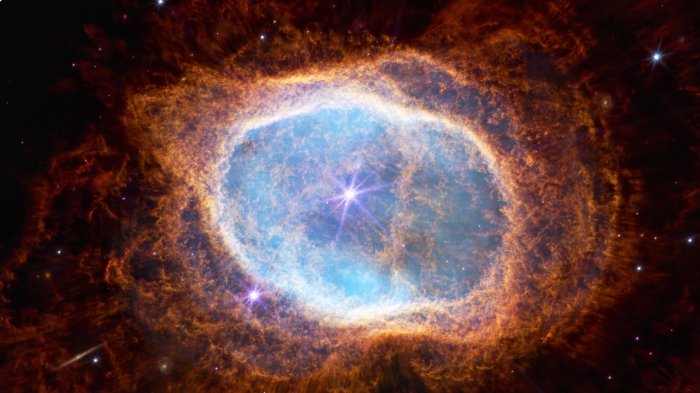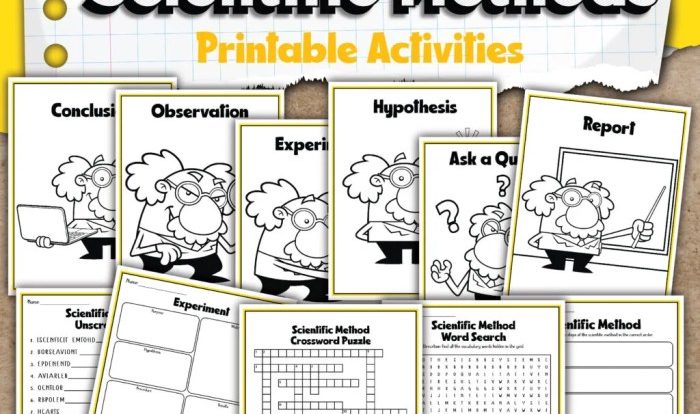Nova new eye on the universe video questions – Embark on a captivating exploration of the universe through “Nova: New Eye on the Universe” video questions, unlocking profound scientific concepts and the latest advancements in astronomy. This video delves into the enigmatic nature of black holes, the groundbreaking detection of gravitational waves, and the cutting-edge technologies revolutionizing our understanding of the cosmos.
As we traverse this cosmic journey, we’ll examine the ethical considerations surrounding space exploration, the power of artistic expression in conveying scientific truths, and the transformative educational value of this remarkable video. Prepare to question the unknown, challenge established theories, and gain a deeper appreciation for our place within the vastness of the universe.
Introduction: Nova New Eye On The Universe Video Questions

Nova: New Eye on the Universe is a captivating documentary that offers a glimpse into the latest scientific discoveries and technological advancements in astronomy and astrophysics. The video explores the nature of black holes, the significance of gravitational waves, and the implications of these findings for our understanding of the cosmos.
Key Scientific Concepts

The video delves into the enigmatic nature of black holes, explaining their immense gravitational pull and the event horizon beyond which nothing can escape. It also highlights the importance of gravitational waves, ripples in spacetime that provide insights into the most violent events in the universe.
Technological Innovations
Nova showcases the cutting-edge telescopes and instruments that have revolutionized our understanding of the universe. These include the Event Horizon Telescope, which captured the first image of a black hole, and the Laser Interferometer Gravitational-Wave Observatory (LIGO), which detected gravitational waves for the first time.
Impact on Our Understanding
The video challenges existing theories and opens up new avenues for exploration. It has transformed our perspective on the universe, revealing the existence of supermassive black holes at the centers of galaxies and providing evidence for the expansion of the universe.
Inspiring Future Generations, Nova new eye on the universe video questions
Nova: New Eye on the Universe has the potential to inspire young minds to pursue careers in science. It demonstrates the excitement and wonder of scientific discovery, showcasing the role of international collaboration and the importance of science education and outreach programs.
Ethical Considerations
The video raises ethical considerations regarding the impact of space exploration on extraterrestrial life and the responsible stewardship of our planet. It explores the potential implications for public policy and decision-making, emphasizing the need for ethical guidelines in scientific research.
Artistic and Visual Elements
Nova employs stunning cinematography, editing, and visual effects to enhance the storytelling and convey complex scientific concepts. The use of metaphors and symbolism creates a visually captivating experience that engages viewers and makes the subject matter accessible to a wider audience.
Clarifying Questions
What are the key scientific concepts explored in the “Nova: New Eye on the Universe” video?
The video delves into the nature of black holes, the detection of gravitational waves, and the latest advancements in astronomy and astrophysics.
How has the video transformed our understanding of the universe?
The video has challenged existing theories, provided new insights into the behavior of celestial objects, and opened up new avenues for exploration.
What ethical considerations arise from space exploration?
The video examines the potential impact on extraterrestrial life, the importance of responsible stewardship of our planet, and the role of science in shaping public policy.


